✌ ✌ ✌ Music ✌ 🕊️ ✌ Reggae
✌ ✌ ✌
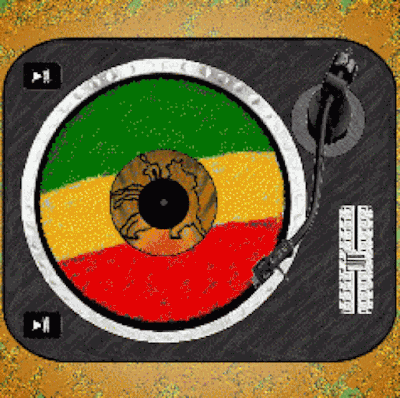

👇 📽️ 👇 ❤️💛💚 👇
👉 Clicking on Upper TOP Left of Videos Above 👆
Allows to Choose Songs👍
| Music Reggae | T | Music Reggae | T |
| Bob Marley - Get Up Stand Up | 4:11 | Jimmy Cliff - The Harder They Come | 3:13 |
| Bob Marley - So Much Trouble In The World | 4:01 | Bob Marley - Is This Love | 3:57 |
| Bob Marley - Jamming (1984) & The Wailers | 3:23 | Bob Marley - Stir it Up HQ (Lyrics) | 5:35 |
| Alpha Blondy - Boulevard De La Mort | 5:26 | Bob Marley - No Woman, No Cry (Lyrics) | 7:06 |
| Bob Marley - Stir It Up (1973) & The Wailers | 5:35 | Bob Marley - Three Little Birds (Official V) | 3:13 |
| Tracy Chapman - Talkin' Bout a Revolution | 2:42 | Bob Marley - I Shot The Sheriff Lyrics | 3:57 |
| Bob Marley - No Woman, No Cry | 7:13 | Alpha Blondy - Jerusalem | 7:51 |
| Bob Marley - One Drop (Lyrics) | 3:54 | Bob Marley - Buffalo Soldier | 4:26 |
| Alpha Blondy - Jérusalem [officiel] | 4:09 | Bob Marley - War - lyrics.wmv | 3:35 |
| Bob Marley - Redemption song (acoustic) | 6:57 | Bob Marley - Exodus | 7:41 |
| Bob Marley - No Woman, No Cry ( 2005) | 7:12 | Bob Marley - Wait in Vain (Lyrics) | 4:11 |
| Alpha Blondy - Brigadier Sabari | 4:28 | Eric Clapton - I Shot The Sheriff | 4:24 |
| Alpha Blondy - Politiqui | 6:39 | Bob Marley - Want More | 4:16 |
| Bob Marley - Satisfy My Soul | 4:39 | Eric Clapton - I Shot The Sheriff ( Studio) | 4:28 |
| Alpha Blondy - Afriki | 5:07 | Jimmy Cliff - I Can See Clearly Now | 3:21 |
| Alpha Blondy - Jerusalem (Lyrics) | 7:51 | Johnny Nash - Stir It Up | 3:01 |
| Alpha Blondy - Kalachnikov Love | 10:42 | Alpha Blondy - Jerusalem - Lyrics | 4:09 |
| Alpha Blondy - Jerusalem Lyrics Video | 4:14 | The Best Of Bob Marley - Legend Of Reggae | 1:21:33 |
| Alpha Blondy - Travailler C'est Trop Dur | 3:19 | Bob Marley - CD Complete | 1:04:01 |
| Bob Marley - Jamming | 3:31 | Legend the best of Bob Marley (Album HD) | 1:03:10 |
| Alpha Blondy - Miwa (HQ) | 5:16 | Bob Marley - So Much Trouble In The World | 4:01 |
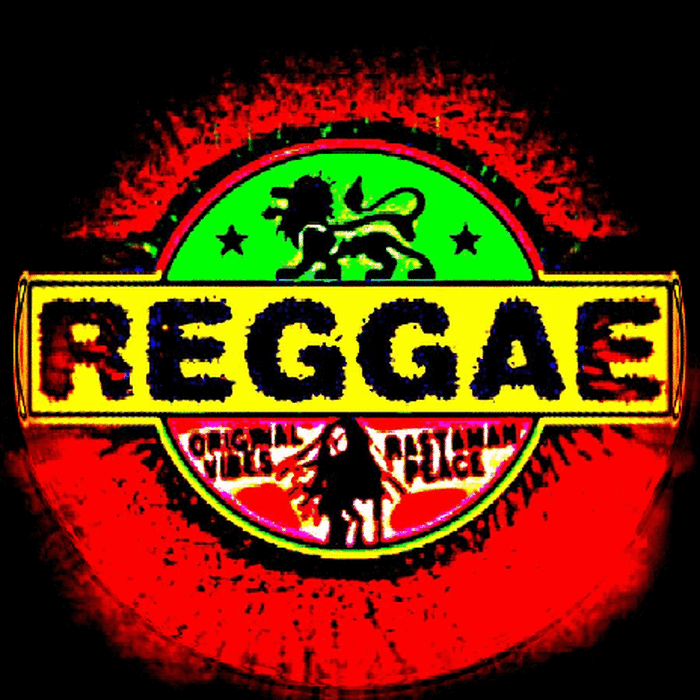
❤️💛💚
✌ 🔴♫❤ ✌ 🟡♫ ❤ ✌🟢♫ ❤
Reggae (/ˈrɛɡeɪ/) is a music genre that originated in Jamaica in the late 1960s. The term also denotes the modern popular music of Jamaica and its diaspora. A 1968 single by Toots and the Maytals, "Do the Reggay" was the first popular song to use the word "reggae", effectively naming the genre and introducing it to a global audience.
While sometimes used in a broad sense to refer to most types of popular Jamaican dance music, the term reggae more properly denotes a particular music style that was strongly influenced by traditional mento as well as American jazz and rhythm and blues, especially the New Orleans R&B practiced by Fats Domino and Allen Toussaint, and evolved out of the earlier genres ska and rocksteady.
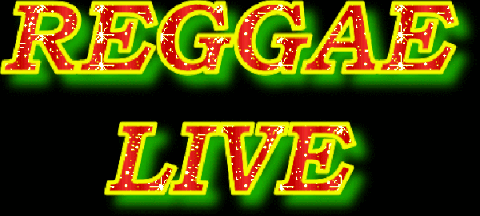

Reggae usually relates news, social gossip, and political commentary. Reggae spread into a commercialized jazz field, being known first as "rudie blues", then "ska", later "blue beat", and "rock steady". It is instantly recognizable from the counterpoint between the bass and drum downbeat and the offbeat rhythm section. The immediate origins of reggae were in ska and rocksteady; from the latter, reggae took over the use of the bass as a percussion instrument.
Reggae is deeply linked to Rastafari, an Afrocentric religion which developed in Jamaica in the 1930s, aiming at promoting Pan Africanism. Soon after the Rastafarian
movement appeared, the international popularity of reggae music became
associated with and increased the visibility of Rastafarianism spreading
the Rastafari gospel throughout the world. Reggae music is an important means of transporting vital messages of Rastafarianism. The musician becomes the messenger, and as Rastafarians see it, "the soldier and the musician are tools for change."
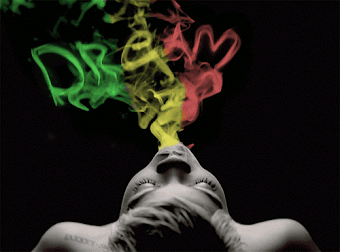

Stylistically, reggae incorporates some of the musical elements of rhythm and blues, jazz, mento
(a celebratory, rural folk form that served its largely rural audience as dance music and an alternative to the hymns and adapted chanteys of local church singing),calypso, and also draws influence from traditional African folk rhythms. One of the most easily recognizable elements is offbeat rhythms; staccato chords played by a guitar or piano (or both) on the offbeats of the measure. The tempo of reggae is usually slower paced than both ska and rocksteady. The concept of call and response can be found throughout reggae music. The genre of reggae music is led by the drum and bass.
Some key players in this sound are Jackie Jackson from Toots and the Maytals, Carlton Barrett from Bob Marley and the Wailers, Lloyd Brevett from The Skatalites, Paul Douglas from Toots and the Maytals, Lloyd Knibb from The Skatalites, Winston Grennan, Sly Dunbar, and Anthony "Benbow" Creary from The Upsetters. The bass guitar often plays the dominant role in reggae.
The bass sound in reggae is thick and heavy, and equalized so the upper frequencies are removed and the lower frequencies emphasized. The guitar in reggae usually plays on the offbeat of the rhythm. It is common for reggae to be sung in Jamaican Patois, Jamaican English, and Iyaric dialects. Reggae is noted for its tradition of social criticism and religion in its lyrics, although many reggae songs discuss lighter, more personal subjects, such as love and socializing.
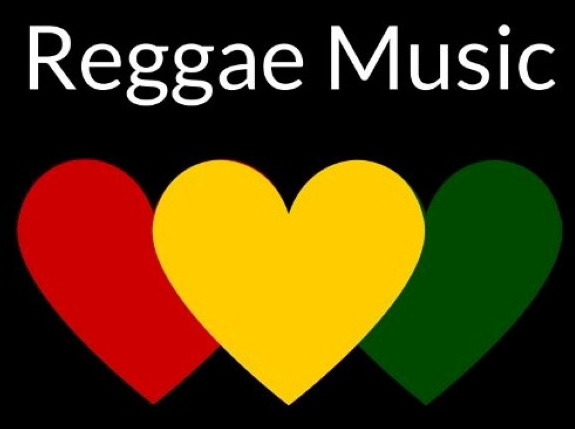
Some key players in this sound are Jackie Jackson from Toots and the Maytals, Carlton Barrett from Bob Marley and the Wailers, Lloyd Brevett from The Skatalites, Paul Douglas from Toots and the Maytals, Lloyd Knibb from The Skatalites, Winston Grennan, Sly Dunbar, and Anthony "Benbow" Creary from The Upsetters. The bass guitar often plays the dominant role in reggae.
The bass sound in reggae is thick and heavy, and equalized so the upper frequencies are removed and the lower frequencies emphasized. The guitar in reggae usually plays on the offbeat of the rhythm. It is common for reggae to be sung in Jamaican Patois, Jamaican English, and Iyaric dialects. Reggae is noted for its tradition of social criticism and religion in its lyrics, although many reggae songs discuss lighter, more personal subjects, such as love and socializing.

Reggae has spread to many countries across the world, often incorporating local instruments and fusing with other genres. Reggae en Español spread from the Spanish-speaking Central American country of Panama to the mainland South American countries of Venezuela and Guyana then to the rest of South America. Caribbean music in the United Kingdom, including reggae, has been popular since the late 1960s, and has evolved into several subgenres and fusions. Many reggae artists began their careers in the UK, and there have been a number of European artists and bands drawing their inspiration directly from Jamaica and the Caribbean community in Europe. Reggae in Africa was boosted by the visit of Bob Marley to Zimbabwe in 1980. In Jamaica, authentic reggae is one of the biggest sources of income.
❤️💛💚
Etymology
The 1967 edition of the Dictionary of Jamaican English lists reggae as "a recently estab. sp. for rege", as in rege-rege, a word that can mean either "rags, ragged clothing" or "a quarrel, a row".
Reggae as a musical term first appeared in print with the 1968 rocksteady hit "Do the Reggay" by The Maytals which named the genre of Reggae for the world.
Reggae historian Steve Barrow credits Clancy Eccles with altering the Jamaican patois word streggae (loose woman) into reggae.
However, Toots Hibbert said:
There's a word we used to use in Jamaica called 'streggae'. If a girl is walking and the guys look at her and say 'Man, she's streggae' it means she don't dress well, she look raggedy. The girls would say that about the men too. This one morning me and my two friends were playing and I said, 'OK man, let's do the reggay.' It was just something that came out of my mouth. So we just start singing 'Do the reggay, do the reggay' and created a beat. People tell me later that we had given the sound its name. Before that people had called it blue-beat and all kind of other things. Now it's in the Guinness World of Records.
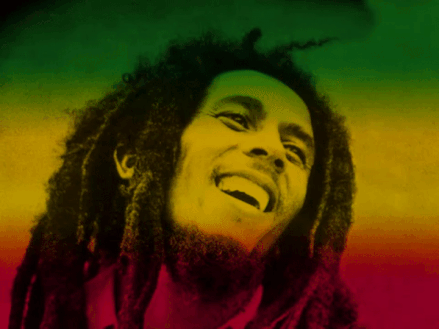
Bob Marley claimed that the word reggae came from a Spanish term for "the king's music". The liner notes of To the King, a compilation of Christian gospel reggae, suggest that the word reggae was derived from the Latin regi meaning "to the king".
Music 🖖 Reggae👇 🎥 👇
🙏🏾🙏🏻 🙏 🌎 🌍 🌏 🙏🏻 🙏 🙏🏾
✌🏽👏🏿👏🏿✌🏽👏🏿👏🏿✌🏽
🤚🏽 ✊🏽✊✊🏿🤚🏽 ✊🏽 ✊✊🏿🤚🏽 ✊🏽✊✊🏿🤚🏽
🖤🤎 ❤️💛💚🖤❤️💛💚🤎
🙌🏿 🙌🏽 🙌🙌🏿 🙌🏽🙌🙌🏿
❤️💛💚
Musical Characteristics
Stylistically, reggae incorporates some of the musical elements of rhythm and blues (R&B), jazz, mento, calypso,
African, and Latin American music, as well as other genres. Reggae scenes consist of two guitars, one for rhythm and one for lead—drums,
congas, and keyboards, with a couple vocalists.
Reggae is played in 4
4 time because the symmetrical rhythmic pattern does not lend itself to other time signatures such as 3
4. One of the most easily recognizable elements is offbeat rhythms; staccato chords played by a guitar or piano (or both) on the offbeats of the measure, often referred to as the skank.
4 time because the symmetrical rhythmic pattern does not lend itself to other time signatures such as 3
4. One of the most easily recognizable elements is offbeat rhythms; staccato chords played by a guitar or piano (or both) on the offbeats of the measure, often referred to as the skank.
This rhythmic pattern accents the second and fourth beats in each bar
and combines with the drum's emphasis on beat three to create a unique sense of phrasing. The reggae offbeat can be counted so that it falls between each count as an "and" (example: 1 and 2 and 3 and 4 and, etc.) or counted as a half-time feel at twice the tempo so it falls on beats 2 and 4. This is in contrast to the way most other popular genres focus on beat one, the "downbeat".
The tempo of reggae is usually slower than both ska and rocksteady. It is this slower tempo, the guitar/piano offbeats, the emphasis on the third beat, and the use of syncopated,
melodic bass lines that differentiate reggae from other music, although
other musical styles have incorporated some of these innovations.
Harmonically the music is essentially the same as any other modern popular genre with a tendency to make use of simple chord progressions. Reggae sometimes uses the dominant chord in its minor form therefore never allowing a perfect cadence to be sounded; this lack of resolution between the tonic and the dominant imparts a sense of movement "without rest" and harmonic ambiguity. Extended chords like the major seventh chord ("Waiting in Vain" by Bob Marley) and minor seventh chord are used though suspended chords or diminished chords are rare. Minor keys are commonly used especially with the minor chord forms of the subdominant and dominant chord (for example in the key of G minor the progression may be played Gm – Dm – Gm – Dm – Cm – Dm – Cm – Dm). A simple progression borrowed from rhythm and blues and soul music is the tonic chord followed by the minor supertonic chord with the two chords repeated continuously to form a complete verse ("Just My Imagination" by The Temptations C – Dm7).
The concept of "call and response" can be found throughout reggae music, in the vocals but also in the way parts are composed and arranged for each instrument. The emphasis on the "third beat" of the bar also results in a different sense of musical phrasing, with bass lines and melody lines often emphasizing what might be considered "pick up notes" in other genres.
Harmonically the music is essentially the same as any other modern popular genre with a tendency to make use of simple chord progressions. Reggae sometimes uses the dominant chord in its minor form therefore never allowing a perfect cadence to be sounded; this lack of resolution between the tonic and the dominant imparts a sense of movement "without rest" and harmonic ambiguity. Extended chords like the major seventh chord ("Waiting in Vain" by Bob Marley) and minor seventh chord are used though suspended chords or diminished chords are rare. Minor keys are commonly used especially with the minor chord forms of the subdominant and dominant chord (for example in the key of G minor the progression may be played Gm – Dm – Gm – Dm – Cm – Dm – Cm – Dm). A simple progression borrowed from rhythm and blues and soul music is the tonic chord followed by the minor supertonic chord with the two chords repeated continuously to form a complete verse ("Just My Imagination" by The Temptations C – Dm7).
The concept of "call and response" can be found throughout reggae music, in the vocals but also in the way parts are composed and arranged for each instrument. The emphasis on the "third beat" of the bar also results in a different sense of musical phrasing, with bass lines and melody lines often emphasizing what might be considered "pick up notes" in other genres.
Here are the Reggae music color codes
#B21F1F #F6C81D #296330
#B21F1F #F6C81D #296330
The correct order of the colors is red, yellow and green in horizontal stripes.
✌ ✌ ✌ ✌ ✌ ✌ ✌ ✌
☝🏾 ✌ 🖖🖤💛💚
🤸🏾♀️ ✌ 🤸🏾♀️ 🎈 🤸🏾♀️ ✌ 🤸🏾♀️ ✌ 🤸🏾♀️🎈 🤸🏾♀️
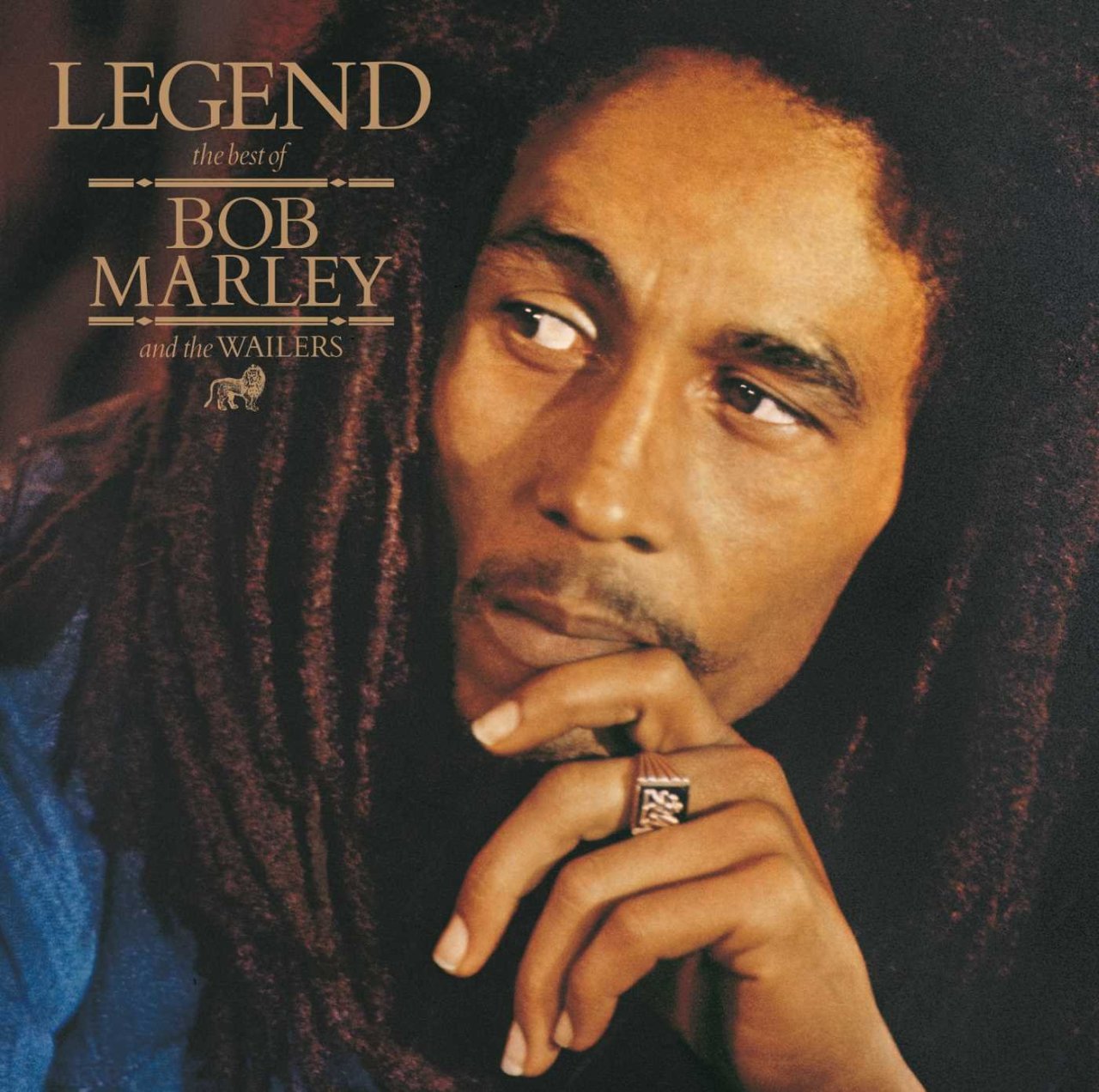
🤸🏾♀️ ✌ 🤸🏾♀️ 🎈 🤸🏾♀️ ✌ 🤸🏾♀️ ✌ 🤸🏾♀️🎈 🤸🏾♀️

🕊️ 🕊️ 🕊️
🙏🏻 🙏 🙏🏾 🌎 🌍 🌏 🙏🏻 🙏 🙏🏾
🙏🏻 🙏 🙏🏾 🌎 🌍 🌏 🙏🏻 🙏 🙏🏾
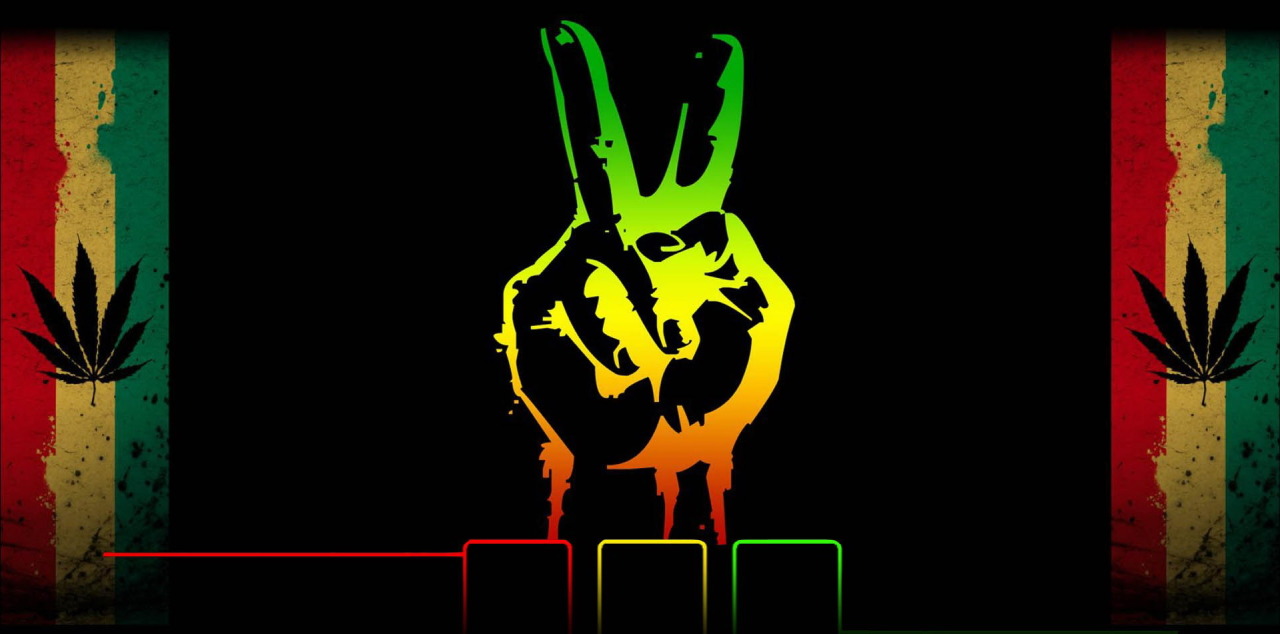

No comments:
Post a Comment